The Most Underrated Way AI Helps Developers (That Almost Nobody’s Talking About)
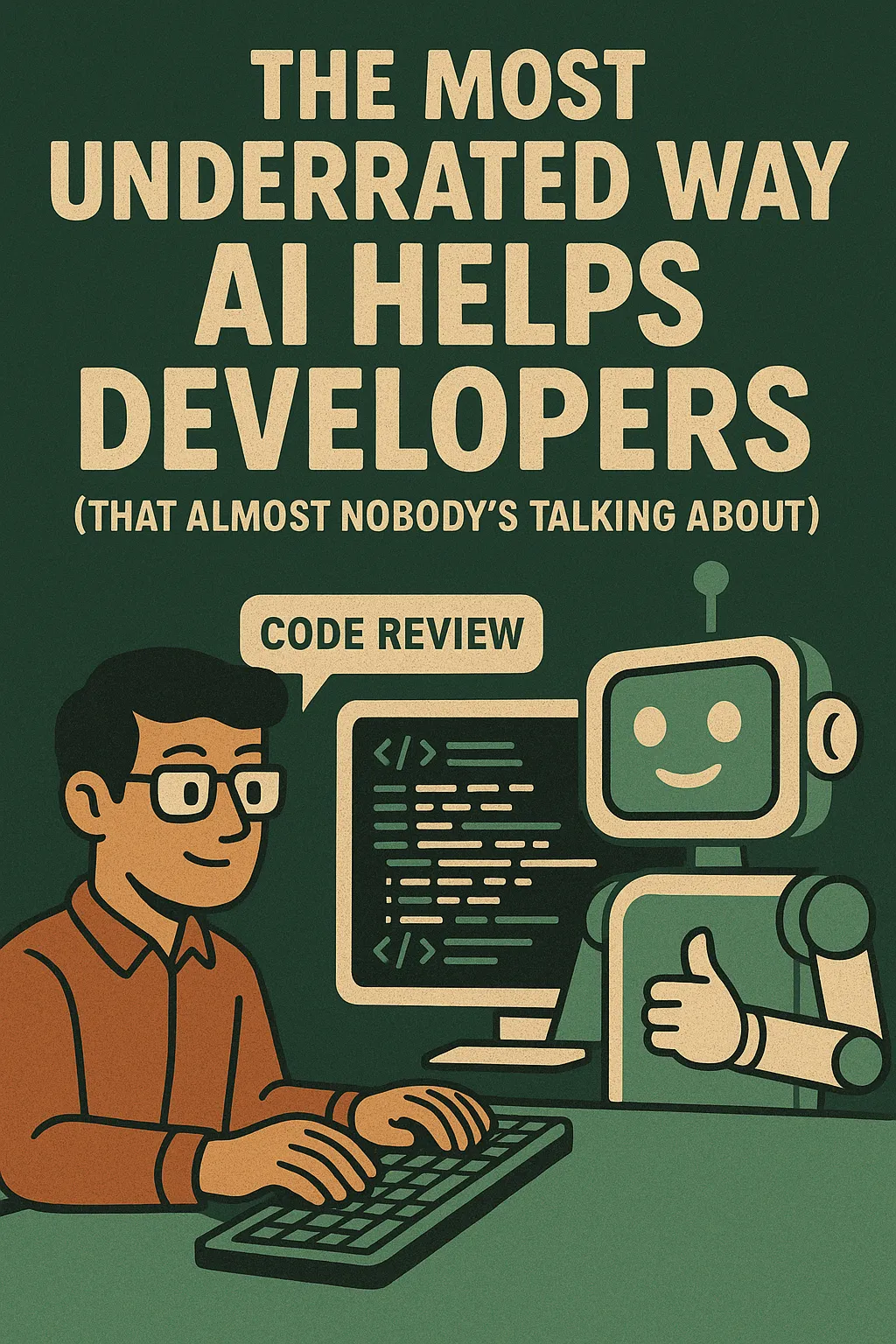
When people talk about AI in software development, the spotlight usually falls on features like code autocompletion or automatic bug detection. Those are great, but there’s an even more powerful — and far less hyped — use case quietly reshaping how developers work: continuous, context-aware AI-powered code reviews.
This is where AI doesn’t just speed up typing; it actually improves your code quality by reviewing each change in real time, with deep awareness of your project’s specific goals, tickets, and documentation. In other words, AI doesn’t just see your code — it understands your context.
Why Continuous AI Code Reviews Matter So Much
Traditional code review can be slow and inconsistent. Human reviewers get overloaded, miss subtle risks, or delay feedback — leading to bottlenecks and technical debt. In contrast, continuous AI review tools operate 24/7, instantly detecting not just syntax errors but mismatches against product requirements, security concerns, or architectural guidelines.
By integrating with tools like Jira, Confluence, and GitHub, AI can catch potential issues before they ever reach the main branch, reducing rework and boosting team confidence.
Real-World Impact: Numbers Don’t Lie
The proof comes from teams who’ve embraced this AI-powered approach. Across various studies and reports:
- 81% of developers using context-aware AI code reviews reported consistently improved code quality.
- Among elite “10x” developer teams, those leveraging these AI review systems were twice as likely to report stronger long-term codebase health compared to those relying solely on human review.
- After implementing AI review, up to 80% of pull requests progressed without any human reviewer comments, allowing engineers to focus on complex problem-solving instead of nitpicking.
These systems aren’t just theory — companies integrating contextual AI review tools in their workflows are shipping safer, cleaner code faster, without sacrificing quality.
Why Aren’t More Teams Using This Already?
Mainly because many developers haven’t realized AI’s role extends beyond autocomplete or testing scripts. There’s also a lingering skepticism that AI can’t “understand” a project’s unique business goals or deliver nuanced feedback — which is increasingly untrue.
The more successful teams are those that view AI as a partner, not a replacement. By offloading the busywork of standard review, AI frees human engineers to focus on innovation, architecture, and mentoring.
What AI Still Can’t Do (Thank Goodness)
Despite these advances, human developers remain irreplaceable. AI isn’t equipped to:
- Interpret ambiguous or evolving product visions.
- Navigate complex stakeholder trade-offs and negotiate priorities.
- Creatively innovate new features and user experiences.
That means the future of software development looks like a blend: machines handling tedious, repetitive reviews, humans driving strategy and creativity.
The Bottom Line
If you want your development process to get faster and smarter, continuous, context-driven AI code review is the unsung hero you should explore. While there are several tools emerging in this space — Panto AI being a notable example — they’re best seen as powerful teammates that amplify your developers, not replace them.
For teams serious about quality and velocity, ignoring this evolving AI workflow risks falling behind — not just in speed, but in the ability to deliver reliable, maintainable software that scales.
Your AI code Review Agent
Wall of Defense | Aligning business context with code | Never let bad code reach production
No Credit Card
No Strings Attached
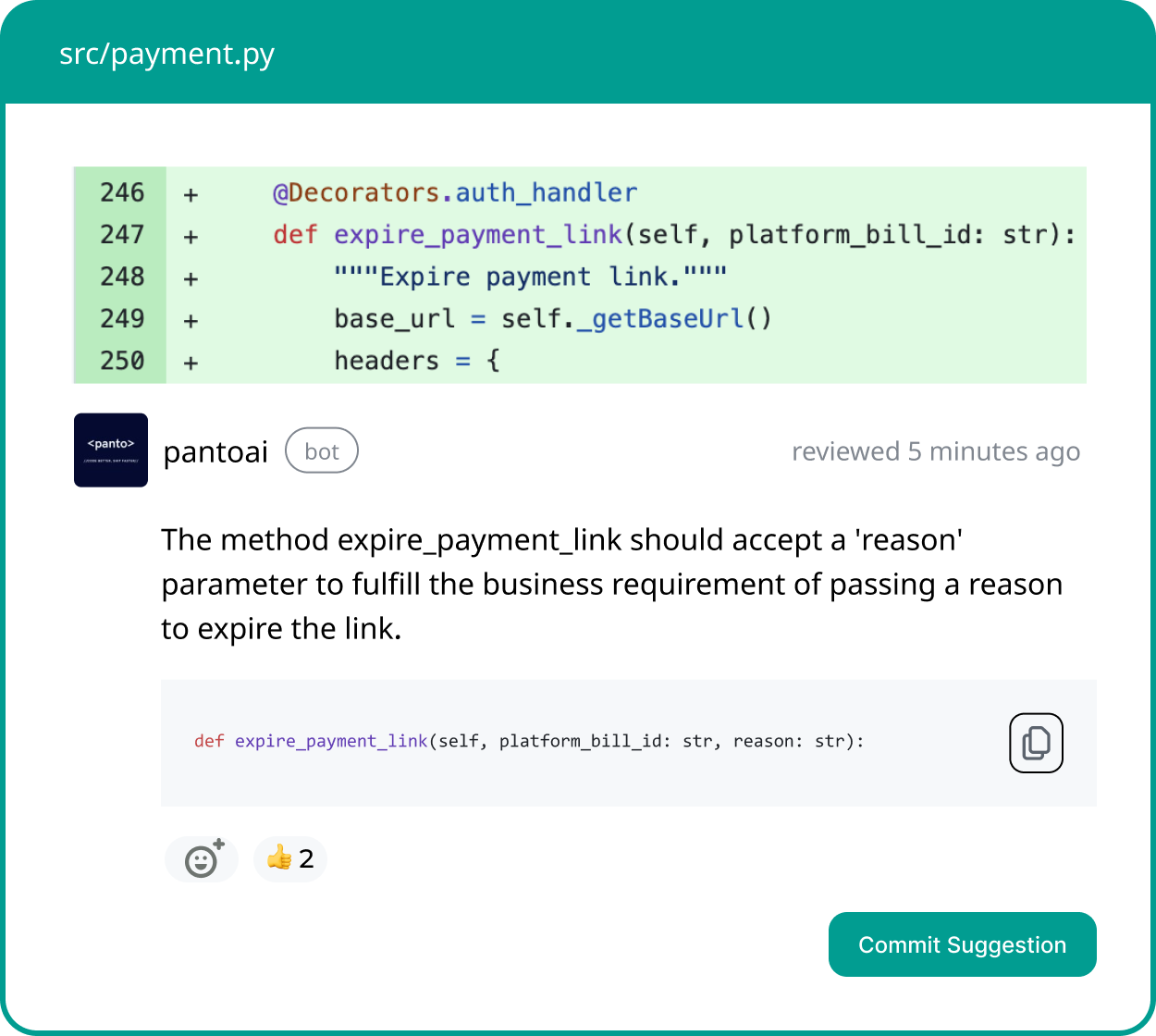

LLMs: Game-Changers or Just Hype? What Founders Need to Know About Their Pros and Cons
Large Language Models (LLMs) are everywhere, but are they truly revolutionary or just an overhyped trend? This article cuts through the noise, offering founders a balanced perspective on the real strengths and critical limitations of LLMs, and how to strategically leverage them for genuine impact.
Jul 25, 2025

PR Chat: A Practical Lever for Healthier, Faster Software Systems
Traditional asynchronous pull request reviews can slow down software development. This article introduces PR chat as a powerful solution, demonstrating how real-time conversations directly within the code review process can significantly accelerate review cycles, improve code quality, and boost team efficiency.
Jul 24, 2025
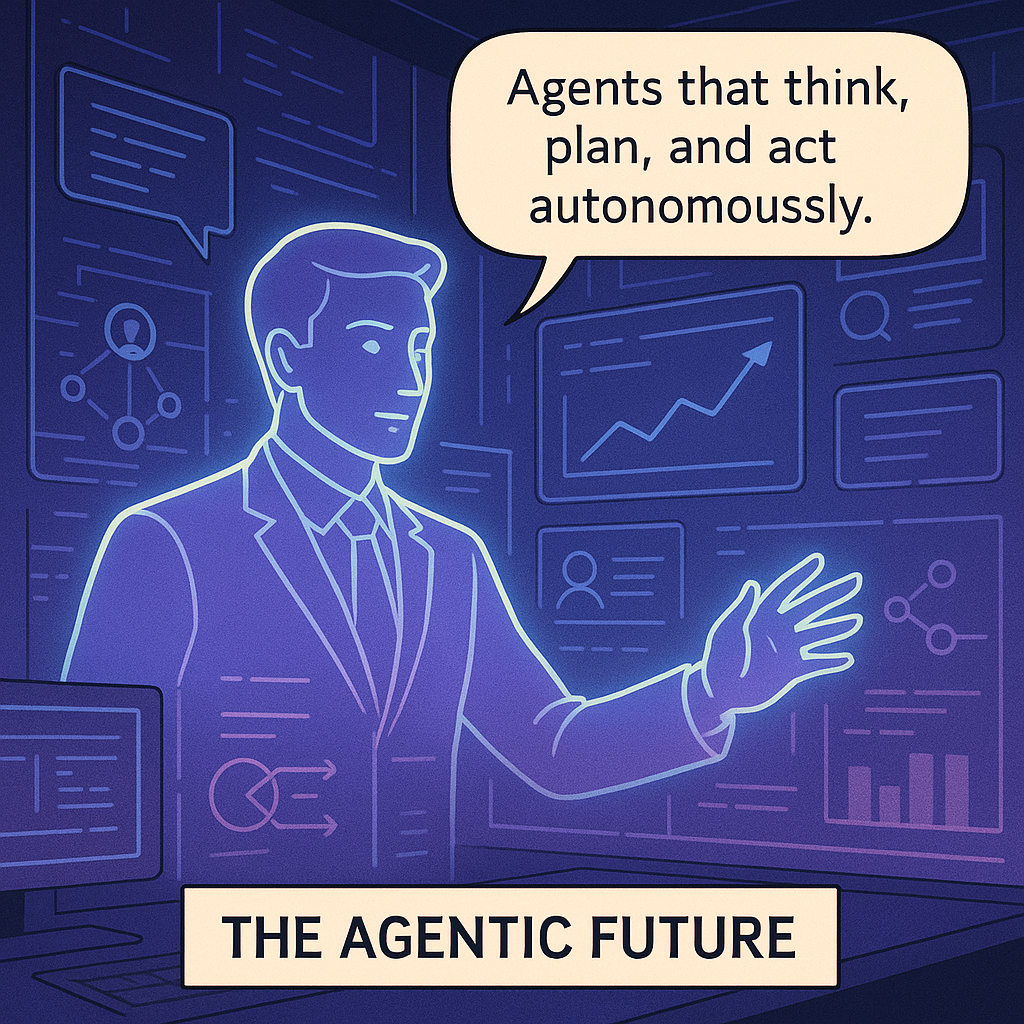
The Age of Agentic AI: The Next Leap in Intelligent Software Systems
We are entering a profound shift in artificial intelligence, moving from reactive systems to proactive, autonomous agents. This article delves into Agentic AI, its core distinctions from traditional AI, and how it's poised to redefine complex problem-solving, scalability, and the future of intelligent software.
Jul 22, 2025
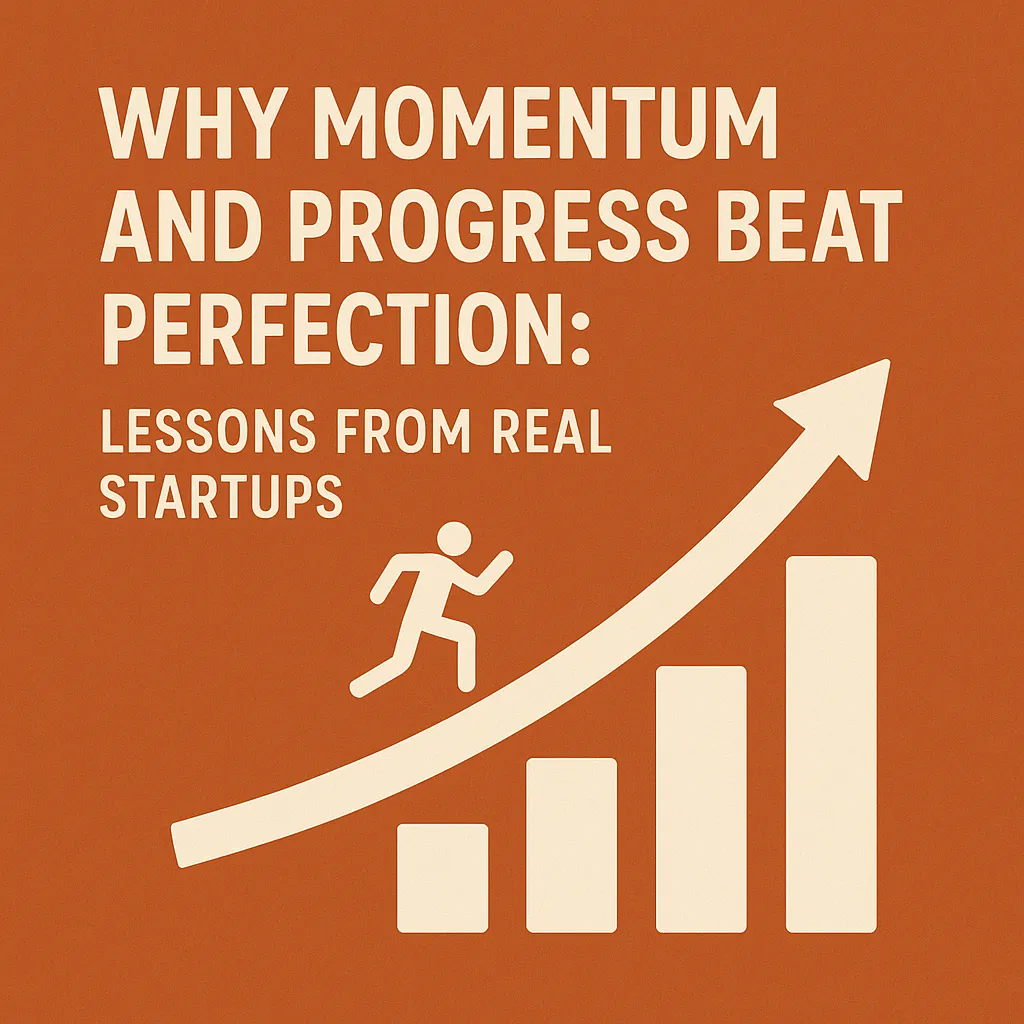
Why Momentum and Progress Beat Perfection: Lessons from Real Startups
In the startup world, waiting for perfection is a trap. This article explores why consistent progress, rapid iteration, and a relentless focus on action have driven the success of major companies like Facebook, Airbnb, and Dropbox.
Jul 19, 2025
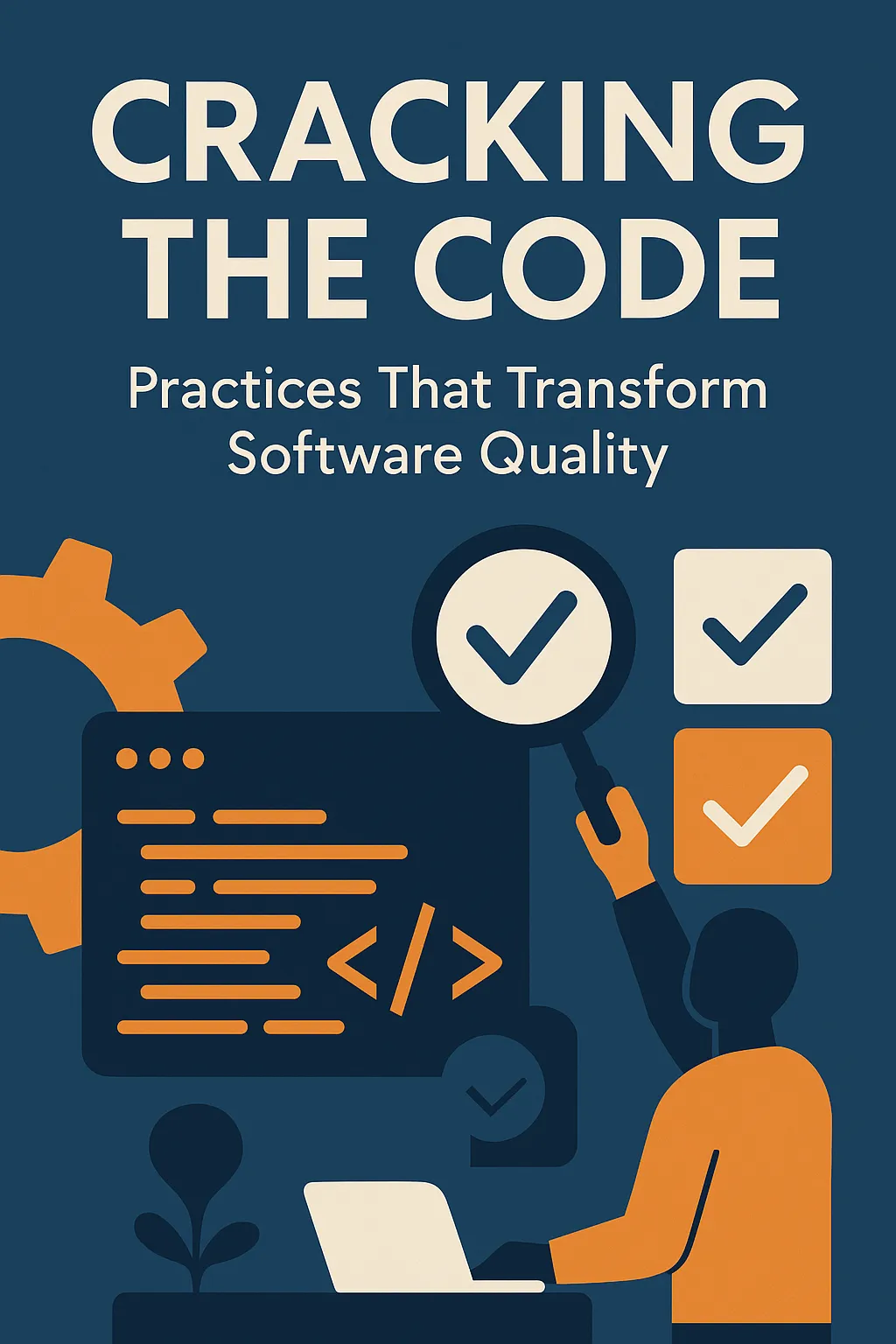
Cracking the Code: Practices That Transform Software Quality
Maintaining high code quality is an ongoing process that impacts productivity and reliability. This article reveals often-overlooked practices and the role of next-gen AI tools like Panto AI in achieving elite software quality.
Jul 16, 2025
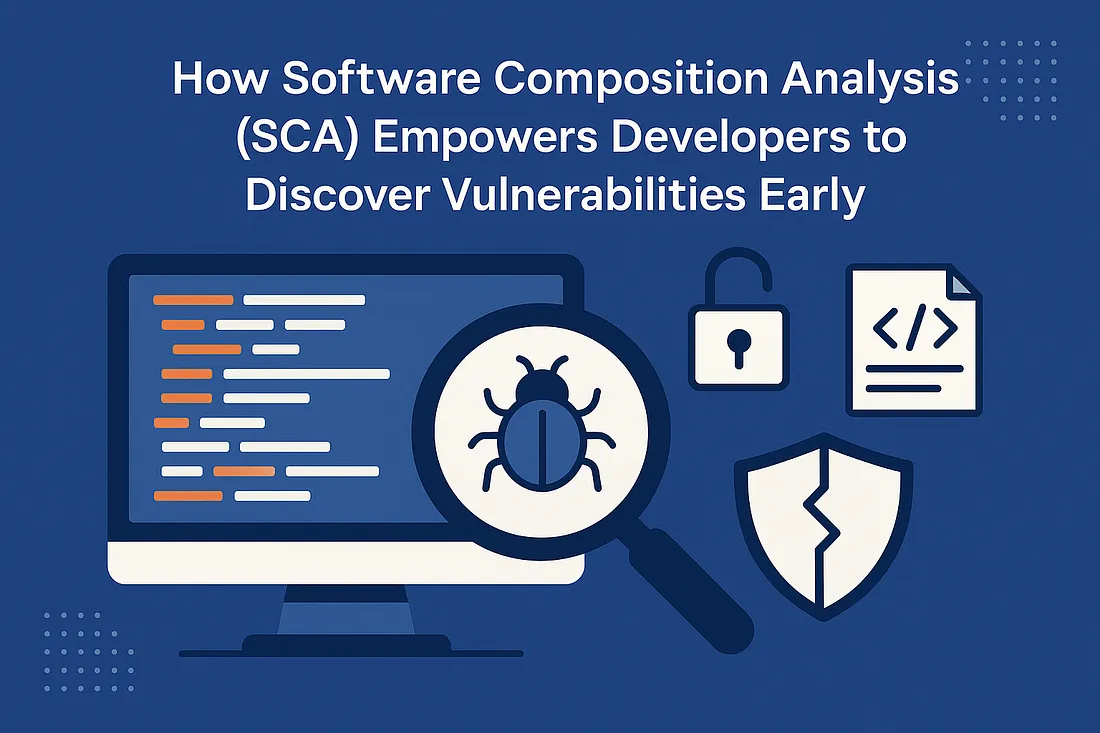
How Software Composition Analysis (SCA) Empowers Developers to Discover Vulnerabilities Early
In today’s fast-paced software development landscape, security is a top priority. Modern applications often rely on a complex web of open-source and third-party components, making it increasingly challenging to ensure code safety. This is where Software Composition Analysis (SCA) becomes invaluable for developers aiming to identify vulnerabilities before they reach production.
Jul 14, 2025